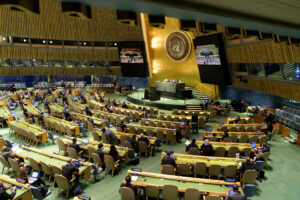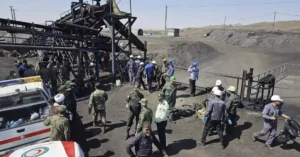KABUL (SW) – Several journalists in Afghanistan report that they have left their profession due to a combination of restrictions, lack of job security, limited access to information, and low salaries.
Roqia Hussaini, a journalist in Herat, explains that her low income forced her to seek employment elsewhere. “Journalism was very challenging and came with significant psychological issues; the salary was insufficient to meet my living needs, so I decided to leave the profession,” she said.
Naqibullah, who holds a master’s degree in journalism and has worked in the field for seven years, also stepped away due to job insecurity. “The lack of job security and financial support led me to pursue another job. Despite my enthusiasm for journalism, especially after earning my degree abroad, I changed careers because of the challenges in the media sector.”
Tamana, a journalist from Badakhshan with three years of experience, has transitioned to trade following the new restrictions on media work. “The limitations on journalism, especially for women, forced me to leave a job I loved since childhood,” she said.
Some other journalists cite a lack of timely access to information as a reason for leaving. Ahmad Jawid, who worked in print media for 20 years in Faryab, said: “The inability to access information, coupled with insecurity and various other issues, prompted me to quit journalism.”
Halima, a journalist in Kabul with years of experience in visual media, also departed the field due to unpaid salary. “Journalists in Afghanistan face numerous challenges, from lack of information access to salary issues and an unsuitable work environment.”
In response to these concerns, Khobaib Ghofran, spokesperson for the Ministry of Information and Culture, emphasized the government’s commitment to supporting journalists.
“In the past three years, 56 print, audio, and visual media outlets have received or renewed their licenses, indicating the dedication of journalists. The ministry is working to establish a financial support fund for media and journalists, and media outlets should express their freedoms in line with Islamic values,” he said.
Over the last three years, many media outlets have ceased operations due to economic challenges, resulting in numerous journalists, particularly women, losing their jobs.
Hafizullah Barekzai, head of the journalists’ council, stated: “We have made significant efforts over the past three years to encourage journalists. Supporters remain in Afghanistan, and we have held meetings to reactivate our media.”
According to the latest statistics from the Ministry of Information and Culture, there are currently 370 operational visual, audio, print and digital media outlets, employing hundreds of journalists in Afghanistan.






